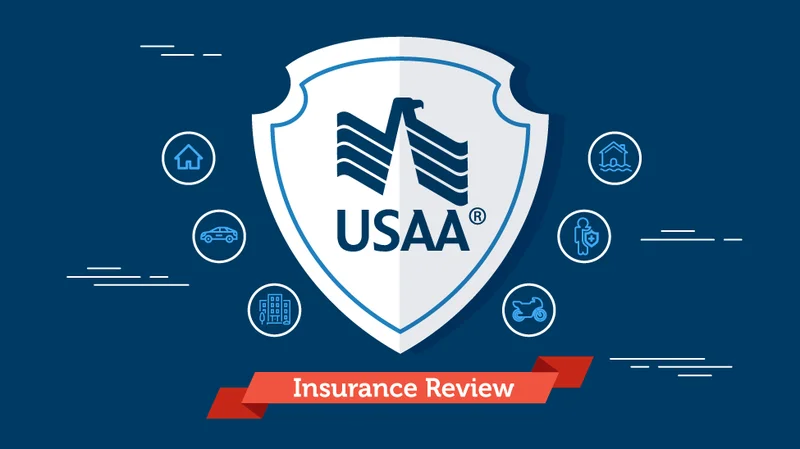Alright, let's get one thing straight right off the bat: USAA. Everyone loves USAA, right? Especially if you've got that sweet, sweet military connection. The commercials are all sunshine and rainbows, veteran discounts, and financial security… But is it really all that? Or are we just drinking the Kool-Aid?
Look, I get it. My grandpa was a lifer in the Army. The name USAA is practically sacred in my family. But that doesn't mean I'm gonna blindly accept that they're the freakin' gold standard without taking a look under the hood.
They're member-owned, which sounds all warm and fuzzy. Like a co-op, but for insurance and banking. They even throw some dividends back at you...if you're an auto policyholder. In 2024, they supposedly returned $2.2 billion to members. That's a lotta scratch. But how much of that actually trickles down to the average Joe...or should I say, average GI? Are we talking a few bucks off your premium, or enough to actually make a difference?
And don't even get me started on the eligibility requirements. You gotta be military, a veteran, or a spouse/child of one. Which, offcourse, is great for those who qualify. But what about everyone else? Are they just SOL?
USAA's not publicly traded, so you can't just buy stock and call it a day. You're either in the club, or you're not. That exclusivity probably adds to the appeal, right? Makes you feel like you're part of something special. But let's be real, it's also a smart business move. Limited pool of customers, highly loyal demographic.
Okay, so they're financially sound, and they treat their members like family... allegedly. But here's where things get a little murky. They have a higher-than-average complaint rating with the National Association of Insurance Commissioners (NAIC). Higher than average? That doesn't exactly scream "exceptional service," does it?

And get this—they're facing lawsuits. One case involves homeowners claiming USAA lowballed their repair estimates after a loss. We're talking an initial offer of $38,317 versus the homeowner's contractor estimate of $568,362.51. That's not just a difference; that's daylight robbery. They apparently engage in something called "stair stepping," where they slowly increase their offers only when challenged. Sounds exhausting. Sounds like they're hoping you'll just give up and take the pittance they offer. As one example, USAA faces lawsuit as policyholders allege systemic bad faith in claim.
But wait, they score well on J.D. Power customer service surveys! So which is it? Are they screwing people over, or are they providing top-notch service? Maybe it depends on who you ask. Or maybe J.D. Power's just another pay-to-play operation. I don't know, maybe I'm too cynical...
They do offer a ton of discounts. Good grades, safe driving, bundling policies, you name it. Up to 60% savings! Sounds amazing, right? But how many people actually qualify for all those discounts? And what's the catch? Are they just making up for it somewhere else?
And the app? 4.8 stars on the App Store, 4.7 on Google Play. Everyone seems to love it. But let's be real, app ratings are easily gamed. How many of those are real reviews, and how many are just bots pumping up the numbers?
Look, USAA's got a great reputation, and for some military families, it might genuinely be the best option for car insurance, life insurance and other financial services. They have competitive rates, accident forgiveness, and a bunch of discounts. But it ain't all sunshine and lollipops. There are complaints, lawsuits, and a whole lotta fine print to wade through.
And honestly, it all boils down to this: Do your homework. Don't just blindly trust the hype. Get multiple quotes, read the reviews (the real ones), and make sure you know exactly what you're getting into.